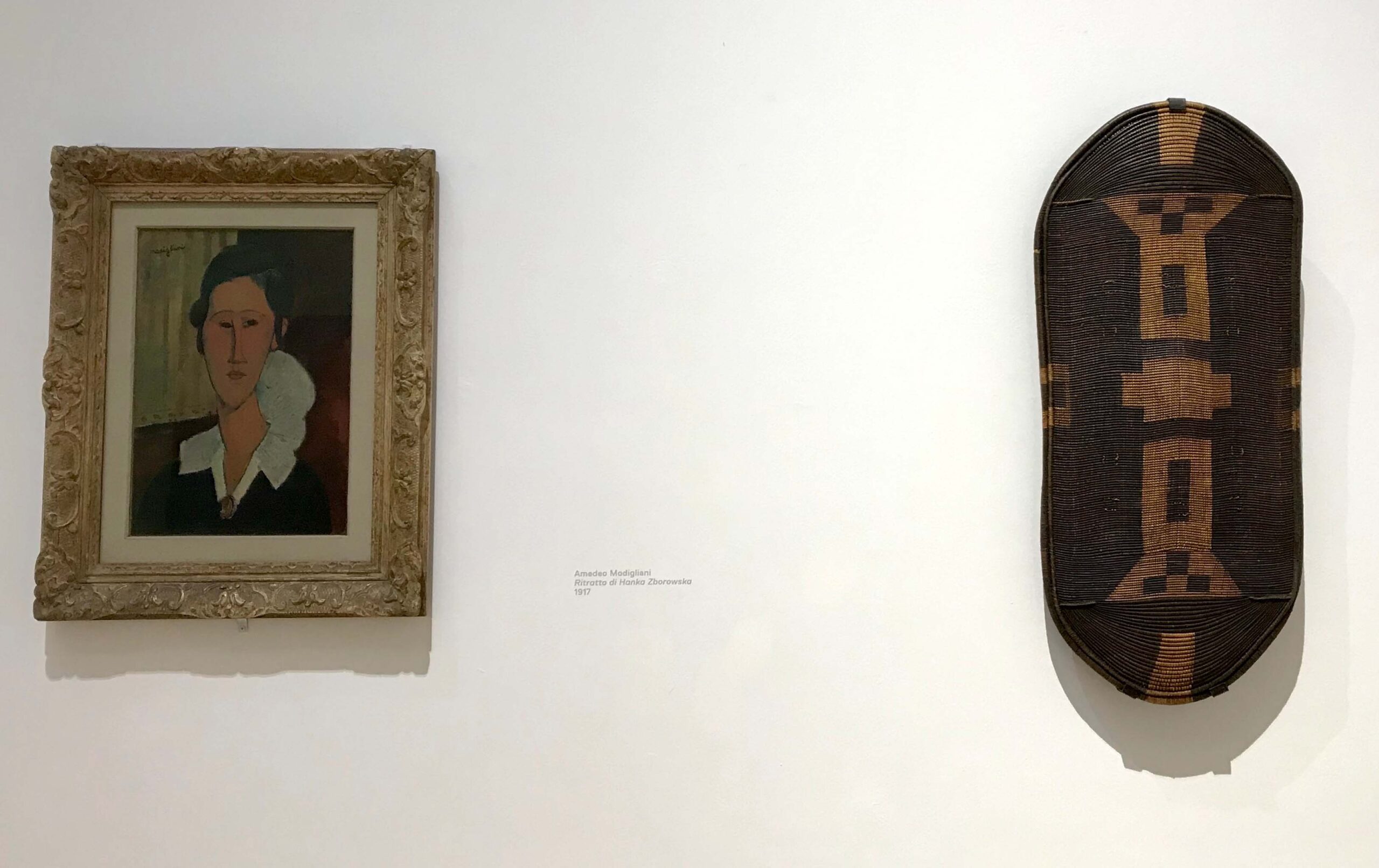Rome is home to almost one hundred museums and countless collections from the four corners of the worlds. How did these collections of ethnographical, natural and archaeological objects come about and what do they reveal about Rome’s and Italy’s engagement with the expanding world, its colonies in Africa, and the ‘New’ World after 1492?
Deel deze paginaRome is home to almost one hundred museums and countless collections from the four corners of the worlds. How did these collections of ethnographical, natural and archaeological objects come about and what do they reveal about Rome’s and Italy’s engagement with the expanding world, its colonies in Africa, and the ‘New’ World after 1492? In what way were collections less standard than those of painting and sculpture presented, to which public and with what aims? And what is the current museum practice? How are objects kept and displayed in the city’s museums, exhibitions and galleries? What are the challenges faced by curators in making use of these collections and how can they engage in current debates?
This course aims at exploring the cultural and historic richness of Roman museums with world collections by means of lectures, museum visits and assignments, and guest lectures by researchers, experts and museum staff. It will also take a practical viewpoint on collecting and display, thus allowing students to engage in the world of museums and heritage. Taking a combined diachronic and synchronic approach, the course discusses topics such as the history of colonialism and collections, early modern Kunstkammer, missionary collecting, Rome’s changing museum landscape, and how these critical topics connect to contemporary exhibition and curatorial practices.
Museums to be visited include (a selection of) the Vatican Museums and the Sapienza Museum Network, Museo Preistorico Etnografico Luigi Pigorini, Museo Civico di Zoologia and Rome’s Botanical Gardens, among others.
Detail of display at La Galleria Nazionale d’Arte Moderna e Contemporanea. Photo: M. Françozo, 2022.
Staff
Dr. Mariana Françozo (Leiden University)
Dr. Annemarieke Willemsen (Rijksmuseum van Oudheden and KNIR Museum Fellow)
Guest lecturers
Dr. Davide Domenici (University of Bologna)
Dr. Sabina Brevaglieri (Humboldt University Berlin)
Dr. Marika Keblusek (Leiden University)
Language
English
Target group
The course is open to MA, RMA students and PhD candidates, enrolled in one of the KNIR partneruniversities KNIR partner universities (Universiteit van Amsterdam, Vrije Universiteit, Universiteit Leiden, Universiteit Utrecht, Radboud Universiteit, Rijksuniversiteit Groningen) or collaborating institutes.
Costs
Tuition and lodging at the KNIR is free for selected participants from the above mentioned Dutch universities. Personal expenses, including meals, are not included. Students, enrolled in one of the above mentioned universities receive a €100 reimbursement of their expenses for travelling to Rome after a successful completion of the course.
Facilities in Rome
All participants will be housed at the Royal Netherlands Institute in Rome’s Villa Borghese Park. From there, it is only a short walk to the historical center of Rome. The KNIR accommodation consists of shared bedrooms and bathrooms, and includes a living and dining space, a large kitchen, washing machine and wireless internet. All residents have 24/7 access to the library and gardens of the Royal Netherlands Institute.
Course format
The course is organized by and hosted at the Royal Netherlands Institute in Rome (KNIR). It consists of a 9 days intensive seminar period in Rome, with lectures, museum visits and discussions.
Application and admission
The selection of (R)MA students is based on grades, the positioning of the course in the student’s curriculum, and a letter of motivation. The selection of PhD students is based on the letter of motivation and curriculum vitae. Students can apply via the link below; include in your application:
• a letter of motivation (max. 1 A4)
• a cv
• for (R)MA students: a recent list of courses followed and grades provided by your university
Deadline application
15 September 2022
Please note that the decision of the selection committee is final and no correspondence will be entered into.
More info
E-mail: secretary@knir.it
Phone: (+39)063269621


